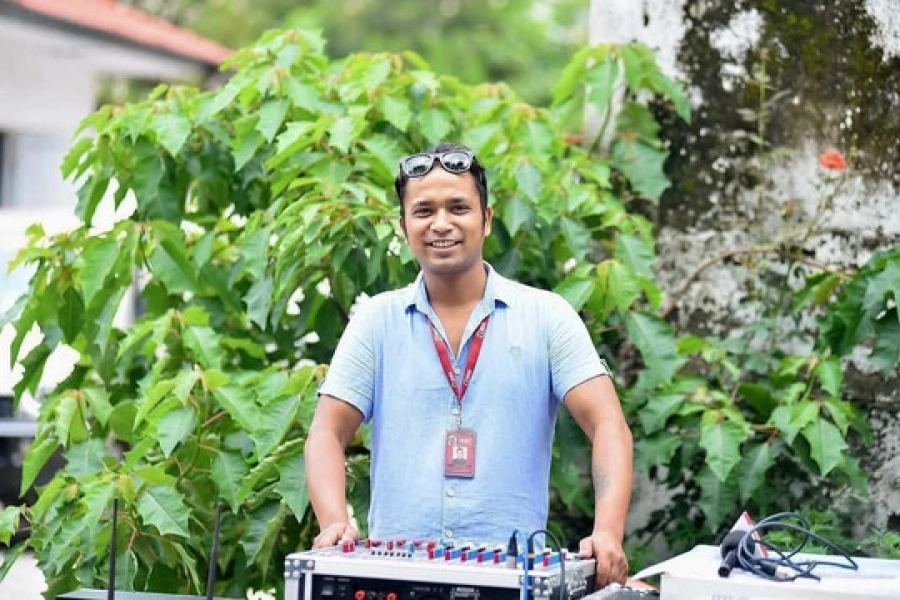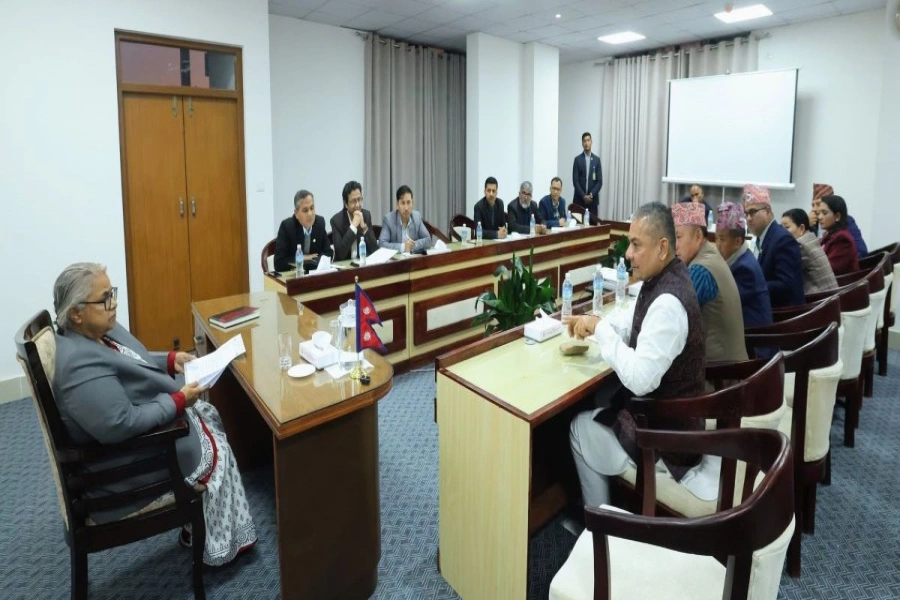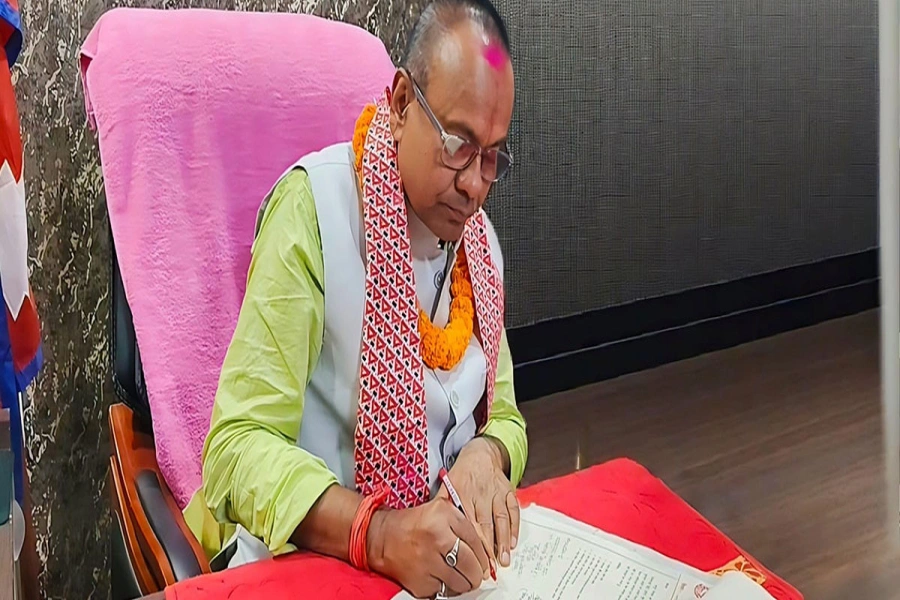CHITWAN, Sept 20: Netra Ale of Madi has been in the fish farming business for nine years. He has been rearing fish in the reservoir with an area of one hectare and produces around 25 metric tons annually.
At present, there are about 5 metric tons of fish in his pond. However, according to Ale, with the increase of Indian fishes in the market that are imported by evading customs, there is a problem for local fishes to get the market in the district.
“I had expanded the reservoir earlier this year. It is the time to sell the fish. However, fish has not been sold since July," Ale said. “We have not been able to find a market due to the availability of Indian fish."
Illegally imported fish destroyed

Ale, who is hoping to sell fish during Dashain, is worried that the fish his farm is producing will not be sold. He said that if it cannot be sold within a month, there is a possibility that the fish will die in the pond. “My fish are ready for sale. If they cannot be sold immediately, they will die as soon as the sun hits them,” he said.
Ale started a fish farming business from four bighas of land. He was earning around one million rupees every year. He said that he cannot earn as much as he invested if fishes are not sold. “The food for fishes are expensive and even labor cost is equally high. At present, there is a loss of one million to 1.5 million rupees.”
Similarly, Harinarayan Thapaliya of Rapti Municipality of East Chitwan is worried that his fish will not be able to get a proper market. Thapaliya, who has been farming fish in a reservoir that spreads across 10 bigha of land, produces 300 metric tons annually. “I was preparing to sell the next lot of fish by selling the first lot. But this is not going to happen as the first lot of fish are yet to be sold,” he said.
There are around 1,500 fish farmers in Chitwan. They have been producing 7,000 metric tons of fish annually. However, according to Thapliya, as the fishes are imported from India evading customs in Nepal, locally produced fishes are not getting a proper market.
In Nepal, fish farming takes place in a reservoir of 100,000 hectares. Around 50 to 60 metric tons of fish are being produced here daily. The Fisheries Association of Nepal (FAN) claims that it will reach the Nepali market.
FAN President Ambika Prasad Adhikari said that when Indian fish come in by evading customs, local fishes are not able to compete with them. "Nowadays, illegally imported low-quality fish is widely available in the Nepali market. But if we check the data of the customs department, we do not see any fish being imported to Nepal.”
Adhikari said this has made local farmers to compete with the illegally imported fish. Local fish farmers have warned of protests if illegal import of Indian fish is not stopped.







































